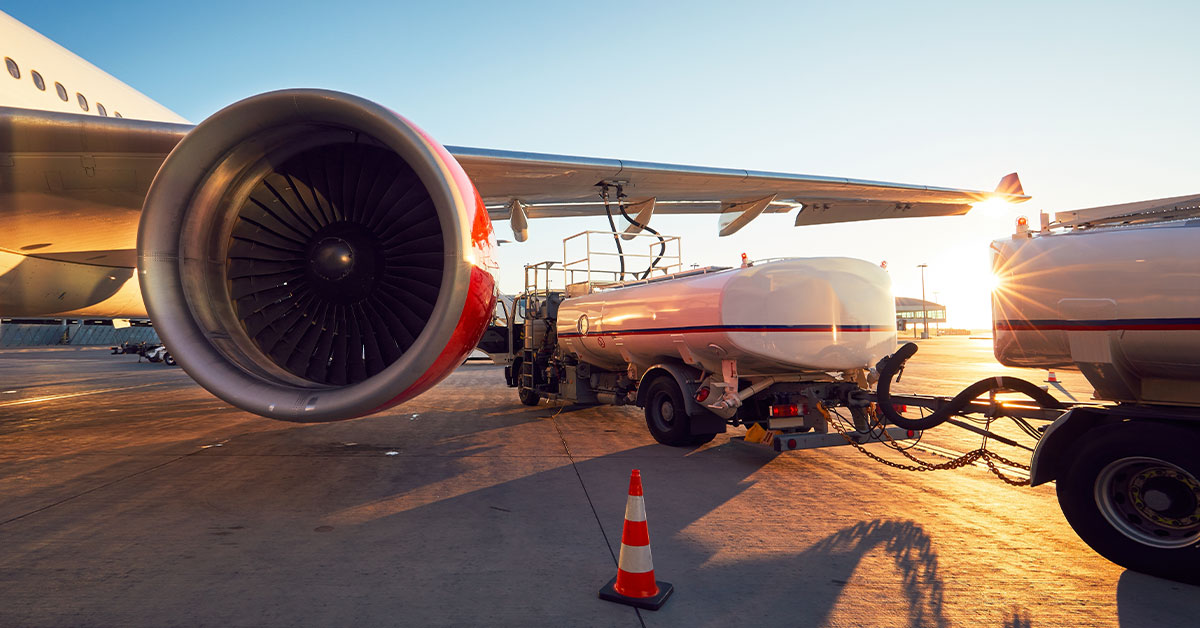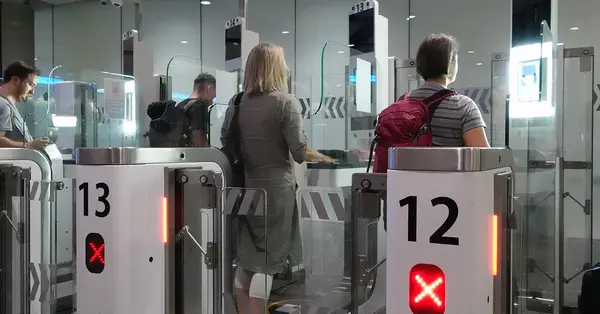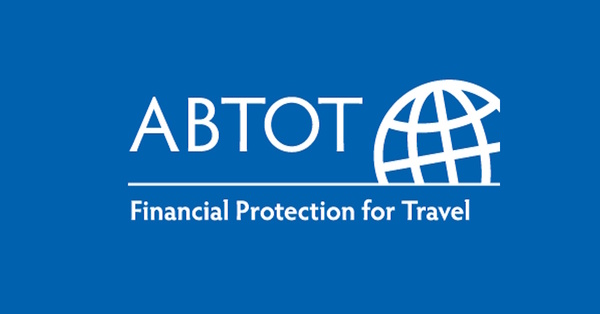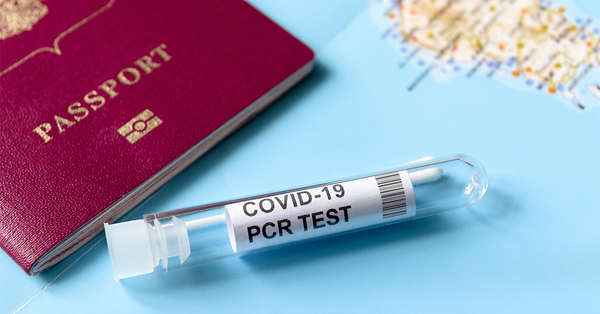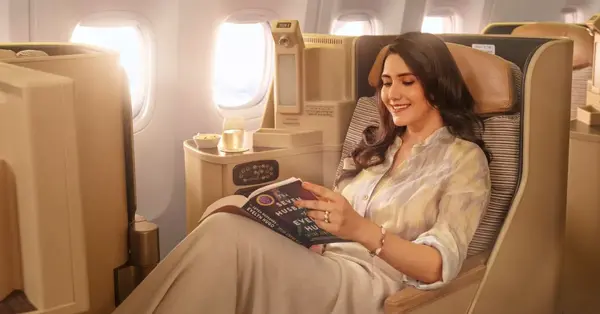You are viewing 1 of your 2 free articles
Government pledges to ‘scale up’ sustainable aviation fuel production
The Department for Transport (DFT) has promised a call for evidence on aviation sustainability and a second consultation on sustainable aviation fuels (SAFs), repeating a government pledge “to scale up” SAF production amid industry criticism that the UK is falling behind the US and EU.
DfT aviation director David Silk told the Airport Operators Association (AOA) conference in London: “We’ll publish a second consultation on our SAF mandate [and] we’ll be publishing a call for evidence shortly.
“We’re committed to having five SAF plants by 2025 with a target of 10% SAF use by 2030, [and] we’re committed to scaling up SAF production.”
More: Virgin Atlantic to buy ‘significant’ volume of sustainable aviation fuel
BA owner invests in sustainable aviation fuel initiative
Tui Group outlines sustainable aviation fuel initiative
The government confirmed introduction of a ‘SAF mandate’ last year requiring at least 10% of jet fuel be made from sustainable sources by 2030, with increasing proportions of SAF blended with fuel from 2025.
However, it has yet to set out details amid aviation industry calls for a price support mechanism to drive investment.
Luis Gallego, chef executive of British Airways owner International Airlines Group, today warned that the UK has fallen behind the US in the production of green aviation fuels.
Writing in The Telegraph, he said: “If there isn’t enough of these alternative fuels to go around, which at the moment there isn’t, UK aviation’s net zero ambition is put at risk.”
Silk insisted “we’ve demonstrated leadership on SAF” and made clear that addressing aviation’s climate impacts would need to extend beyond decarbonising, telling airport operators: “We recognise non-CO2 impacts could have even more impact than CO2.”
Studies suggest the non-CO2 impacts of flights, and of condensation trails in particular, could double the climate impact of flying.
Jonathon Counsell, head of sustainability at IAG, insisted: “We can ramp up to 10% SAF use by 2030, but we need 300 SAF plants and £450 billion in capital.
“We’re in a global race. The US wants to corner the market in SAF. We need a price stability mechanism and policy support.”
Heathrow chief executive John Holland-Kaye argued: “The question is not will aviation decarbonise but will the UK benefit from aviation decarbonising? Are we going to produce SAF or import it?”
He said: “I used to think cost would be the barrier to decarbonising aviation. But now all the countries in the world have to decarbonise aviation. Banks see that as a fantastic opportunity.
“People see us as a leader and yet we’re falling behind.”
Holland-Kaye noted “20% of the world’s SAF supply went through Heathrow last year” and insisted: “This is happening. Virgin Atlantic will fly to New York with 100% SAF this year.”
But he said rapid progress would require “stability in government policy and low risks for investors”, arguing: “It’s unusual for an industry to ask government to regulate it, but that is what we’re asking for. This is too important for business as usual.”
Heathrow announced last week that Holland-Kaye would step down as chief executive later this year.
More: Virgin Atlantic to buy ‘significant’ volume of sustainable aviation fuel
BA owner invests in sustainable aviation fuel initiative

